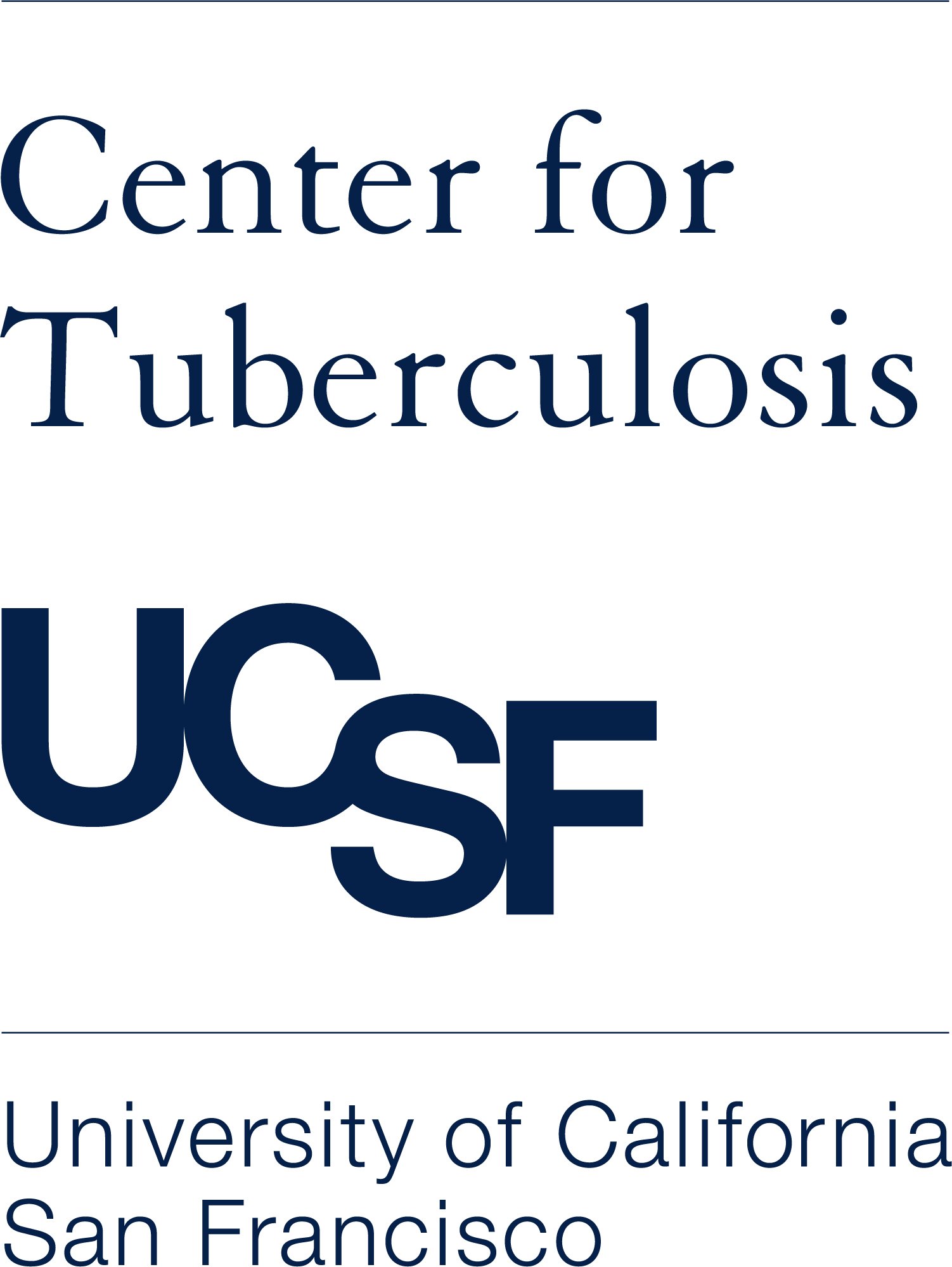Health Policy and Diplomacy
UN Special Envoy on Tuberculosis
The Office of the UN Secretary-General’s Special Envoy on Tuberculosis works with the TB community to advance global efforts to end TB by 2030. The UN Special Envoy, Dr. Eric Goosby, MD, advocates for financial, political, scientific, and technical support necessary to achieve this ambitious goal. Dr. Goosby and the UN Special Envoy activities are supported by Dr. Mike Reid.
https://globalhealthsciences.ucsf.edu/our-work/tuberculosis
---
Consortium to Assess Prevention Economics (CAPE)
CAPE links clinical and basic science with economics to model the epidemiologic and economic impact of TB disease prevention and control efforts in the US. As the TB Team Lead for this project, Dr. Priya Shete, MD, with Dr. Jim Kahn, MD, MPH and others, is developing models to assess the impact and cost effectiveness of various latent TB infection targeted testing and treatment strategies in California in a way that directly impacts public health policy.
Sponsor: CDC
PI: James Kahn, MD, MPH and Paul Volberding, MD
For more information on CAPE: http://globalhealthsciences.ucsf.edu/consortium-assess-prevention-economics
---
Consultancy on Research for Tuberculosis Elimination, Global TB Programme, World Health Organization
As a consultant to the World Health Organization’s Global TB Programme, Dr. Priya Shete, MD works with high burden countries on developing and implementing targeted research agendas as a key pillar of the WHO’s End TB Strategy. She supports countries in using local epidemiology and implementation science to address program and policy gaps, as well as using research on the social and economic determinants of TB to improve patient access to care.
More information on Tuberculosis Research at the WHO Global Tuberculosis Programme at: http://who.int/tb/areas-of-work/research/en/
TB Guidelines
International Standards for Tuberculosis Care (ISTC)
The ISTC describe a widely accepted level of care that all practitioners, public and private, should seek to achieve in managing patients who have, or are suspected of having, tuberculosis. The ISTC is intended to facilitate the effective engagement of all care providers in delivering high-quality care for patients of all ages. Edition 1 of the ISTC was released in 2006 and stated that it should be viewed as a living document. The original 17 standards grew into 21 standards in the revised ISTC Edition 2 released in 2009. A further revision has been made in the ISTC Edition 3, released in 2014.
Sponsor: USAID (TB CARE I)
PI: Phil Hopewell, MD; Elizabeth Fair, PhD, MPH
--
The Patients' Charter for Tuberculosis Care
Developed by the World Care Council in tandem with the International Standards for Tuberculosis Care, The Patients’ Charter outlines the rights and responsibilities of people with tuberculosis. It empowers people with the disease and their communities through this knowledge. Initiated and developed by patients from around the world, The Patients’ Charter makes the relationship with healthcare providers a mutually beneficial one.
Sponsor: USAID (TB CARE I)
PI: Phil Hopewell, MD; Elizabeth Fair, PhD, MPH
--
Handbook for using the International Standards for Tuberculosis Care (ISTC)
The ISTC was implemented and evaluated in partnership with five pilot countries (Tanzania, Kenya, Indonesia, India, and Mexico). The ISTC Handbook details examples of how the ISTC might be used, adopted, or implemented in a variety of high burden TB settings. The emphasis of the ISTC and The Patients’ Charter is on care, more specifically patient-centered care, and serves as a complementary yet new approach to TB prevention, diagnosis, treatment, education, and management.
Sponsor: USAID (TB CARE I)
PI: Phil Hopewell, MD; Elizabeth Fair, PhD, MPH
--
This is the first evidence-based global policy guidelines written for the World Health Organization (WHO) on tuberculosis contact investigation in low and middle income settings.
Sponsor: USAID (TB CARE I)
PI: Phil Hopewell, MD; Elizabeth Fair, PhD, MPH
--
Adaptation and Implementation Guide for WHO Contact Investigation Recommendations 2015
On World TB Day 2015, a new document Recommendations for investigating contacts of persons with infectious tuberculosis in low- and middle-income countries: Adaptation and Implementation Guide was released. This Adaptation and Implementation Guide is intended to provide general guidance and present examples of experiences in implementation of contact investigation in low- and middle-income set¬tings. The World Health Organization (WHO) policy document “Recommendations for Inves-tigating Contacts of Persons with Infectious Tuberculosis in Low- and Middle-Income Countries”, presents definitions and recommendations for what should be done for contact investigation; this companion doc¬ument presents suggestions and examples of how the recommendations can be put into operation.
Sponsor: USAID (TB CARE I) in collaboration with World Health Organization (WHO) and American Thoracic Society (ATS).
PI: Elizabeth Fair, PhD, MPH; Cecily Miller, PhD, MPH; Phil Hopewell, MD
--
Technical Consultancy, USAID Tuberculosis Program
As a technical consultant to the USAID Tuberculosis Program, Dr. Elizabeth Fair provides ongoing technical assistance with a designated team developing new tools, training materials, and virtual technical assistance for tuberculosis contact investigation in high burden priority settings.
Sponsor: USAID
--
Official American Thoracic Society/Centers for Disease Control and Prevention/Infectious Diseases Society of America Clinical Practice Guidelines (2016): Treatment of Drug-Susceptible Tuberculosis.
Using GRADE methodology to assess the certiainty in the evidence, UCSF TB contributed to the development of this clinical practice guideline. This guideline was co-Chaired by Dr. Payam Nahid and included input from 27 international TB experts, including UCSF TB faculty and staff, namely Drs. Adithya Cattamanchi, Philip Hopewell, Narges Alipanah, Pennan Barry, along with nursing expertise provided by Ms. Cindy Merrifield and Ann Raftery. Nahid et al, Clinical Infectious Diseases, 2016
https://www.cdc.gov/tb/topic/treatment/guidelinehighlights.htm
---
International Standards for Tuberculosis Care (ISTC)
The development of the ISTC, now in its 3rd edition, was led by Dr. Hopewell, as co-chair along with Dr. Mukund Uplekar (WHO). The project was funded by USAID via TB CARE and included input from over 32 international experts, including UCSF TB faculty and staff, namely Drs. Elizabeth Fair and Cecily Miller, and Ms. Baby Djojonegoro.
WHO International Standards for Tuberculosis Care
